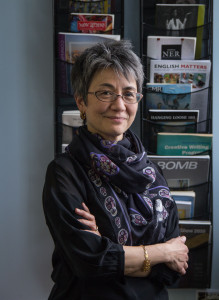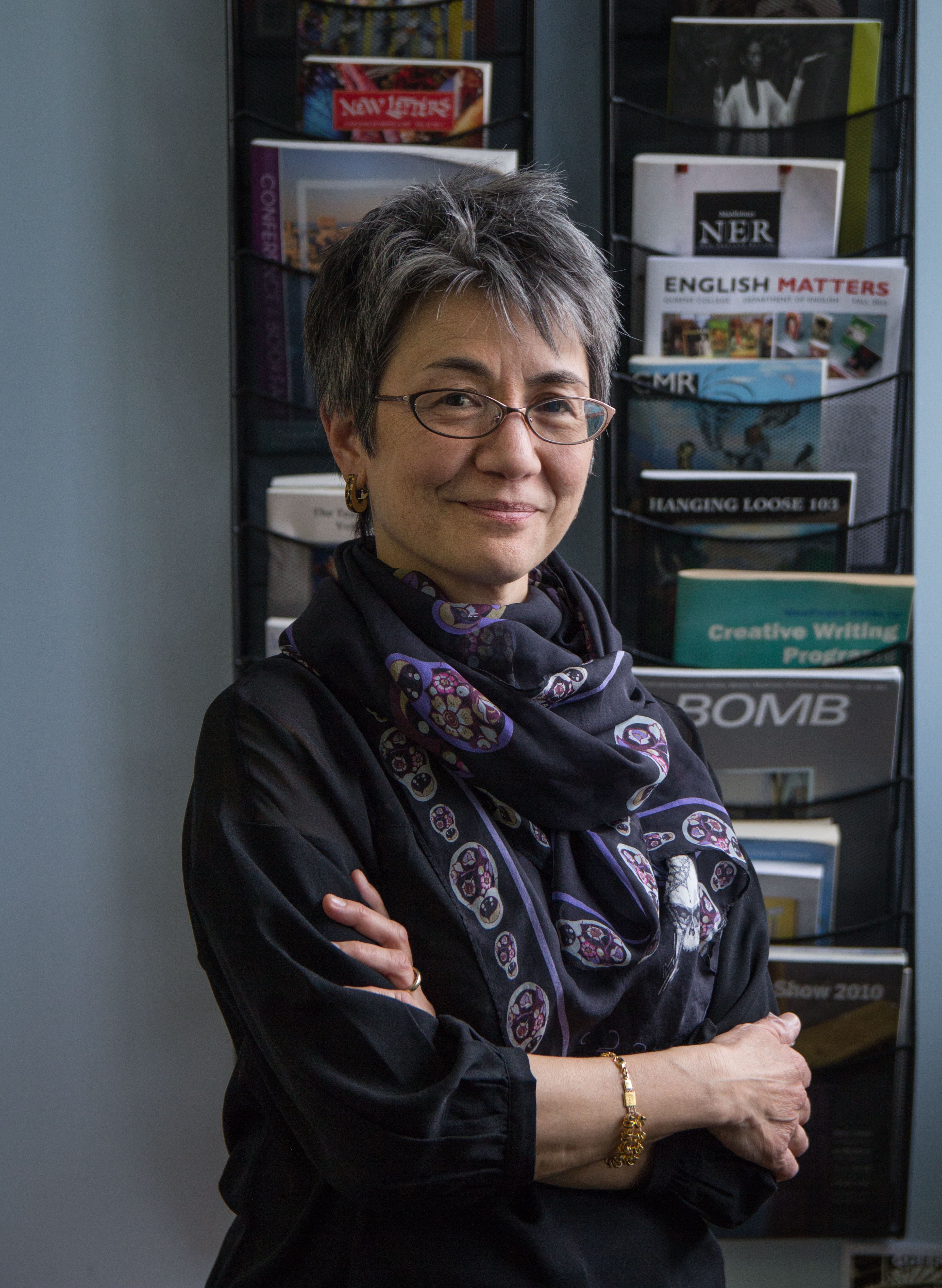The Poetry Society of America, founded in 1910, choose Kimiko Hahn, an English professor at Queens College, as its new president of PSA on March 23.

English professor Kimiko Hahn is the new president of the Poetry Society of America. She is devoted to cultivating an interest in poetry in the nation.
Hahn was on the board for seven years and succeeds Ruth Kaplan, who held the position since 2007. At first, she did not accept the nomination.
“It seemed like a position I wouldn’t be able to do with the amount of time I have because I have so many projects and I teach. But I thought about it and I have a sabbatical coming up. So I called the person back and I said do you still want me? I’m really pleased,” Hahn said.
The main reason for changing her mind? Harold Schechter, her spouse and English professor.
“[He] said ‘[A]re you crazy? You should really accept that nomination!’ People who are close know how much I love organizing and getting poetry out to the world into places where you might not imagine poetry, like the subways. I wanted to be a greater part of this,” she said.
Schechter felt excited upon hearing the news that she changed her mind.
“I was very proud of her. In addition to being a wonderful poet and terrific administrator, she is devoted to cultivating an interest in poetry in the nation,” he said.
Hahn won various awards and honors, including the Shelly Memorial Award of the Poetry Society of America in 2007, Association of Asian American Studies Literature Award and Theodore Roethke Memorial Poetry Prize, a prize given out every three years since 1967.
But the honor of becoming president ranks above all other awards, said Hahn.
“It surpasses anything I’ve ever received in part because it’s not just for me; it’s for the organization,” she said. “To put me at the head of the board is a great honor because I have the responsibility of seeing the organization moving forward with programming and new ideas.”
She wrote nine book of poems, including “Brain Fever,” released in 2002, and “Unbearable Heart,” released in 1996 and received an American Book Award. Her poems explore the major themes of Asian-American female desire and subjectivity.
“She has a certain fearlessness as an artist. Her poems are very beautiful. When I first read them 20 years ago or so, I was really blown away by them. I’ve read a lot of poems but these were very powerful,” Schechter said.
One of her great strengths is the way she uses language. [She] comes up with these phrases and words that are surprising and full of life.”
Aside from poetry, she also wrote and did voice acting for a special called “Ain’t Nuthin’ But a She-Thing,” released in 1995.
Hahn cited Louise Gluck and Charles Wright, two professors at the University of Iowa, along with other poets as inspirations for poetry.
“After work shopping in college, I had a very particular view of poetry,” Hahn said. “Then, when I started hanging out with poets who were reading their poems on the street, they were street poets or political poets, and I kind of got kicked around the block. Which was a god thing because that made me reassess the style I started with which was a little more conventional and then I got a little wilder and more political,” Hahn said.














